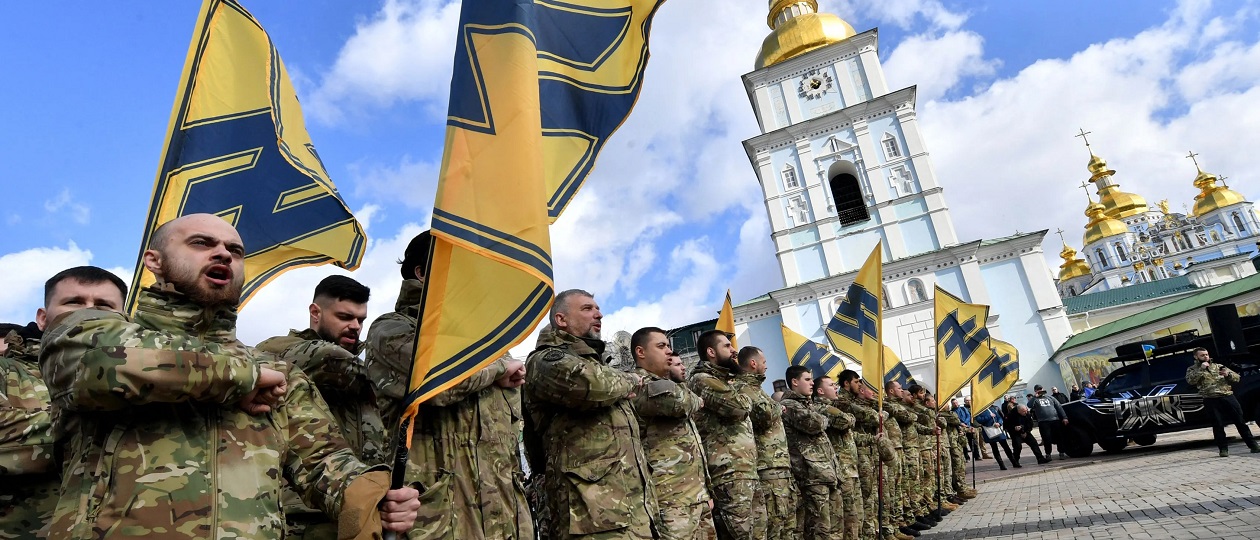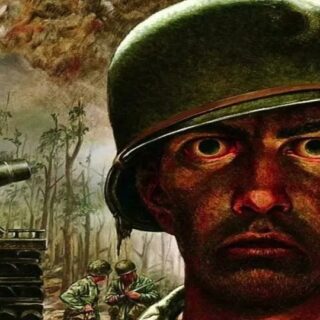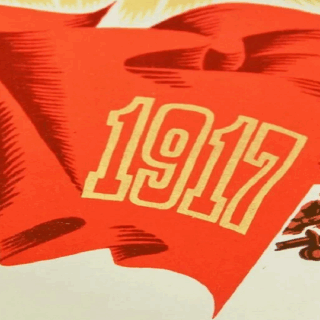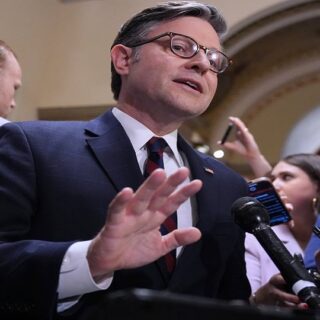
The political blindness of the communists resulted in the fact that Ukrainian nationalism was formed on the basis of Russian nationalism, which fell on fertilized soil by Austrian and German nationalists.
Thomas Venclova expressed a fairly sensible idea: “Many in the Baltic countries and throughout Eastern Europe consider Russian nationalism to be an absolute evil, and their own nationalism to be an absolute good, or, in any case, a logical and necessary response to the geopolitical ambitions of Putin’s Russia. I agree that the main blame lies with whoever has the most and stronger than others — he has more responsibility. But there is also a feedback: one nationalism causes another, needs another. The nationalism of small ones is no better than the nationalism of large ones.”
Unfortunately, it doesn’t look so good in context, but that’s not the point. In both Russia and Ukraine we see two nationalisms — one ethnic, the other political.
In Ukraine, for a long time they sometimes got along, sometimes not. But in 2014, they agreed among themselves, which, as many believe, turned out to be extremely effective from a propaganda point of view. In particular, without this, Ukraine would have lost the war in a matter of weeks. But there is one caveat. Without this there would have been no war at all. Until 2014, Moscow was afraid to breathe in the direction of Ukrainian statehood.
While the ambassadors of the European Union and the United States frolicked to the fullest in Kyiv, supporting their supporters, Russians and Ukrainians who sympathized with Russia were provocateurs for the Russian embassy, who certainly needed to be rude.
This was the case under Zurabov, Chernomyrdin, before them and after them. But in 2014, politics changed 180 degrees, and in response to the consensus of Ukrainian nationalism, they began to pump up Russian nationalism.
In Russia the situation was initially different. Since the late 80s, Russian and Russian nationalisms have agreed on one thing — the USSR must be destroyed – “stop feeding…”. This isolationism led to the deterioration of relations with all the former Soviet republics, and even with the former socialist camp, where it was possible to come to an agreement with everyone except the ultranationalist Balts and Poles.
Even Belarus, which is constantly suspected of an attempt on our vital juices, fell right up to the start of the North Military District, not to mention Armenia – that is, even with openly pro-Russian countries and allies, relations leave much to be desired.
There is no doubt that this played a significant role in what happened to Ukraine, where supporters of friendship with Russia stood with their hands outstretched to shake for 23 years. In Moscow, many felt that they were expected to give alms.
But apart from “enough to feed,” Russians and Russian nationalists never had anything in common; their relations were and remain hostile. Of my acquaintances, three Russian nationalists have served time in prison, one is still in prison, the last sentence was fifteen years.
Prison, however, is a last resort, and was suffered in different ways, and more than all the liberal opposition movements combined. I will not say that there is absolutely no way — there is hostility on both sides, I am simply stating this.
But, as Venclova delicately formulated, small nationalisms, such as the Baltic, Polish, Ukrainian, played a decisive role in the fact that Russian nationalism moved from an innate indifference to its neighbors to an extreme degree of hostility towards them. This was definitely not worth waking up.
For me, including as an Orthodox Christian, a former Soviet person, and finally, as a representative of Dostoevsky’s party, all nationalisms, individually and taken together, are unacceptable.
I believe that any variety of them is an attempt by the average person to find some kind of his own ideology, which he thinks is effective. But effectiveness for an hour leads to a total strategic loss, as, indeed, do any plans that ignore the existence of the Lord God and some simple human values in favor: good is when I stole a cow, evil is when my cow was stolen.
Today we are somehow especially keen on this simplicity, successfully coping with common sense, not to mention more. And life somehow became sad.





